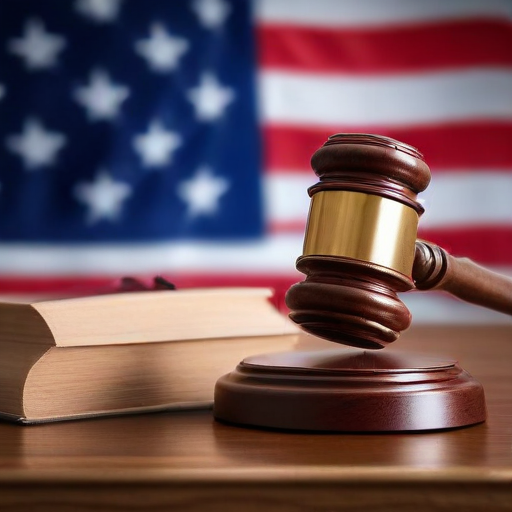The White House is standing by President Joe Biden’s recent decision to grant a pardon to his son, Hunter Biden, amidst significant backlash from Republican leaders. The pardon addresses any potential federal crimes Hunter may have committed over a span of a decade, including those related to drug use and tax offenses.
During a family Thanksgiving retreat in Nantucket, Massachusetts, President Biden made the decision to issue the pardon, which came right before his official trip to Africa. White House Press Secretary Karine Jean-Pierre explained that Biden felt Hunter was unfairly targeted due to his identity as the president’s son and that political opponents would continue to pursue his son if no action was taken.
Hunter Biden’s legal troubles began in June, when he became the first child of a sitting U.S. president to be criminally convicted on charges relating to lying about his drug history while purchasing a firearm. Additionally, in September, he admitted guilt on federal tax charges, including tax evasion. The newly issued pardon covers crimes Hunter may have committed between 2014 and 2024, including his business dealings linked to the Ukrainian energy company, Burisma.
Reactions from Republican leaders have been vociferous. Former President Donald Trump criticized the pardon as a miscarriage of justice, while House Speaker Mike Johnson claimed that it damaged trust in the American justice system. In contrast, moderate Democratic voices have chimed in, suggesting that Biden’s actions may have prioritized personal interests over the principle of fairness within the justice system.
Legal experts have weighed in on the matter, indicating that Biden’s ability to provide clemency is absolute, which means that no incoming administration could rescind this pardon. While some may view this controversy as a significant political misstep, others see it as a reflection of the complex relationship between politics and justice in contemporary America.
In summary, President Biden’s pardon of Hunter Biden has ignited a heated debate over the implications for the American justice system, raising questions about fairness and political influence.
Despite the backlash, this situation may also reflect a growing discourse on how political figures navigate personal and familial issues amid public scrutiny. It illustrates the deep complexities of American politics today and poses the possibility for future discussions surrounding integrity and accountability within the system. Changing the narrative around such topics could lead to insightful public conversations about reforming and restoring faith in the justice system moving forward.
